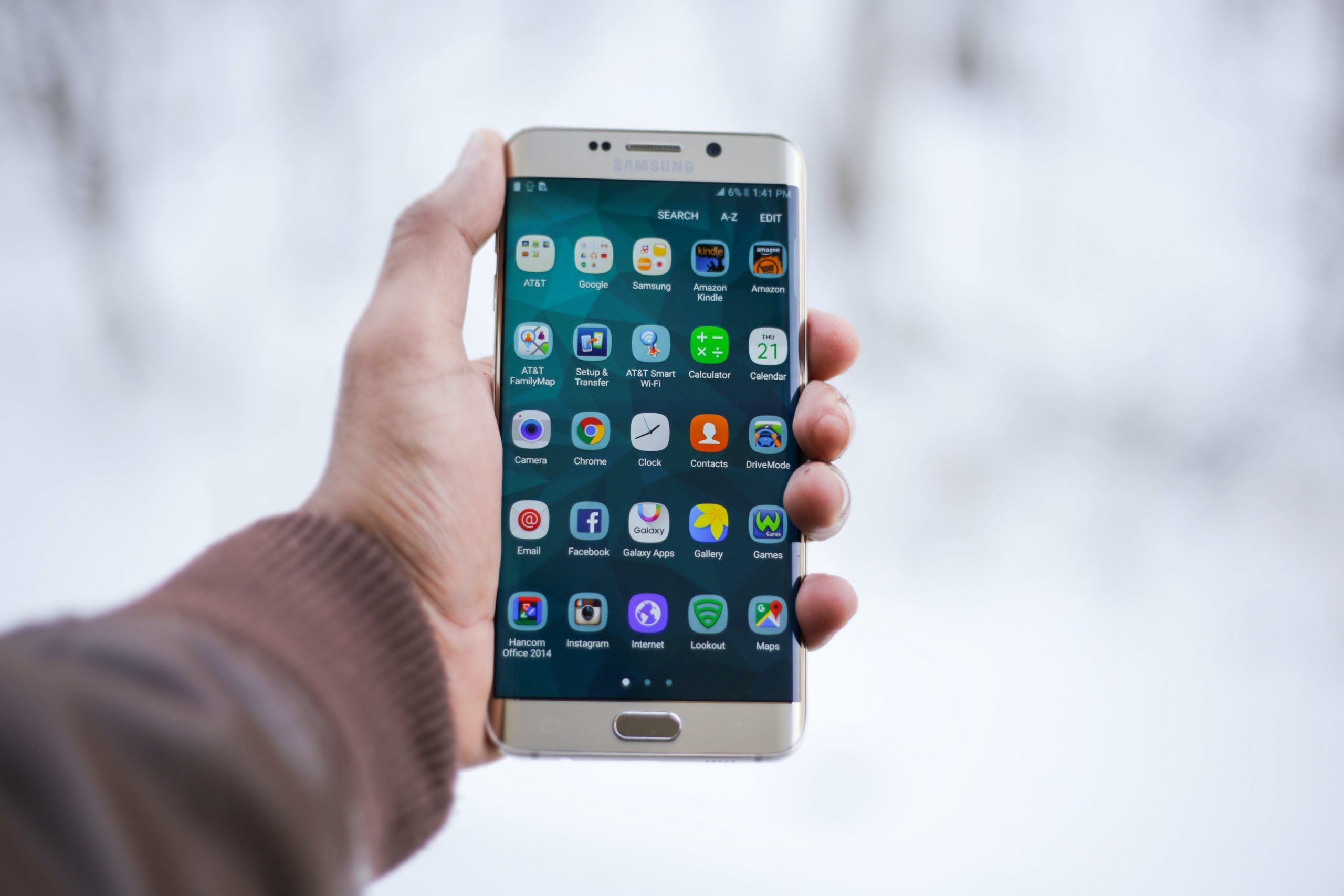There are many apps to help with mental health, so we have picked out some of our favourites to help you decide which ones work best for you.
How We Feel
How We Feel has been created by scientists, engineers, therapists and designers to help people understand how they feel and find the best ways to deal with their emotions.
The app is free to use, and you can do between one to four check ins a day. The app will ask you questions about how you feel and your day and then they give you a new strategy to try. It is helpful to keep consistent with the check ins so that you can see if there are any patterns in your emotions.
Headspace
Headspace focuses on ways to help you relax through meditation. You can find guided mindfulness exercises, courses and meditations in the app, as well as a student resources pack.
The app has a two week free trial and then it is £49.99 a year or £9.99 a month. However students can use the app for just £7.99 a year.
Daylio Journal
If you have found that journaling helps you deal with your mental health but can’t find enough time to do it or just lose motivation to continue after a while, Daylio Journal allows you to journal your emotions without having to write a word.
You can completely personalise the journal, by choosing your own colour palette, emoji theme and what you would like to track including mood and schoolwork.
The app is £29.99 a year or £3.99 a month, but you do get a seven day free trial before choosing whether you want to subscribe to it.
Tappy: Self Care Fidgeter
Tappy is a great app if you need to find ways to calm down or get distracted. It has many tools including a fidget section, meditation, breathing exercises and games.
The app itself is free but you can choose to upgrade to tappy plus for only £2.99 a month or £19.99. However, without the subscription there is more than enough to help you with your mental health.
BetterHelp
BetterHelp helps you find a therapist. It asks questions relating to your mental health and what you want in a therapist and finds you a personalised match. You can then choose how you would like to contact them, whether it’s through video, phone or chat in the app.
It is one of the more expensive apps as you do have to pay a subscription of £180 for the year (more if you are not a student). If you struggle with mental health however and have been thinking of getting a therapist but found it hard to find one, this app may be helpful to you.

